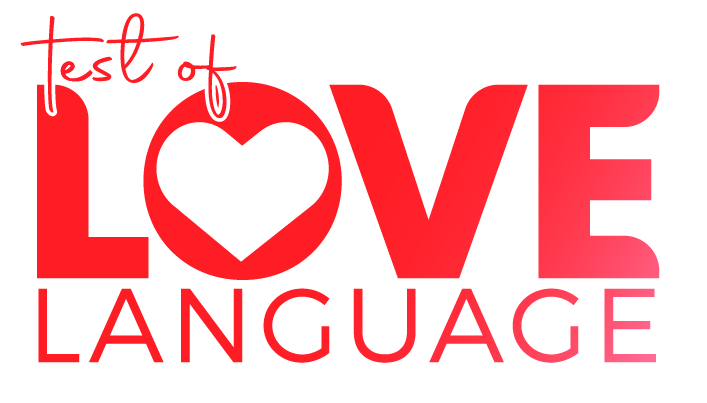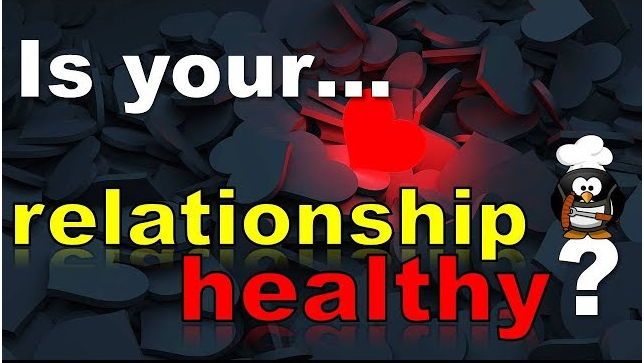Effective Communication Styles to Strong Relationships
In the intricate dance of relationships, communication serves as the melody that harmonizes emotions, thoughts, and connections. Understanding different communication styles and applying them skillfully can be the cornerstone of building healthier and more fulfilling relationships in the USA.
The Importance of Communication in Relationships
Communication is the lifeline of any relationship, be it romantic, familial, or professional. It’s not just about speaking; it’s about actively listening, understanding, and expressing oneself in ways that resonate with others. Effective communication fosters trust, promotes empathy, resolves conflicts, and deepens intimacy.
Different Communication Styles
- Direct Communication: This style involves clear and explicit expression of thoughts and feelings. Direct communicators value honesty and straightforwardness, making it easier to address issues and convey intentions without ambiguity.
- Indirect Communication: Indirect communicators often use subtlety, non-verbal cues, and implications to convey messages. While this style can be diplomatic and preserve harmony, it may require careful interpretation to avoid misunderstandings.
- Assertive Communication: Assertive communicators strike a balance between being direct and respectful. They express their needs, opinions, and boundaries clearly while acknowledging and considering others’ perspectives.
- Passive Communication: Passive communicators tend to avoid confrontation and may prioritize avoiding conflict over expressing their needs. This style can lead to unmet expectations and unresolved issues if not addressed.
- Aggressive Communication: On the opposite end, aggressive communication involves dominating, confrontational behaviour that often disregards others’ feelings and opinions. It can create tension and hinder effective communication and relationship growth.
Applying Communication Styles in Relationships
- Active Listening: Practice attentive listening, validate emotions, and show empathy to understand your partner’s perspective fully.
- Clarity and Transparency: Be clear and transparent in expressing your thoughts, feelings, and expectations without assuming the other person’s understanding.
- Respectful Assertiveness: Assert your needs and boundaries respectfully while acknowledging and respecting your partner’s autonomy and feelings.
- Conflict Resolution: Use effective communication techniques such as “I” statements, active listening, and seeking mutual solutions to resolve conflicts constructively.
- Continuous Learning: Be open to learning and adapting your communication style based on feedback and experiences within the relationship.
Benefits of Effective Communication in Relationships
- Enhanced Understanding: Clear communication fosters a deeper understanding of each other’s needs, values, and perspectives.
- Conflict Resolution: Effective communication skills enable constructive conflict resolution and prevent misunderstandings from escalating.
- Building Trust: Consistent and open communication builds trust and emotional intimacy in relationships.
- Emotional Connection: Expressing emotions and feelings openly strengthens the emotional connection between partners.
- Improved Overall Satisfaction: When communication is effective, relationships are more satisfying, fulfilling, and resilient.
Conclusion
Effective communication is a skill that can be cultivated and refined over time. By understanding and applying different communication styles, individuals can nurture healthier, more harmonious, and enduring relationships. Remember, communication is not just about words; it’s about building bridges of understanding, empathy, and love.




